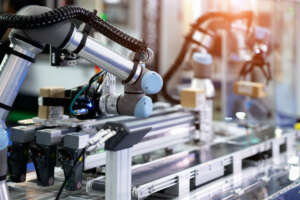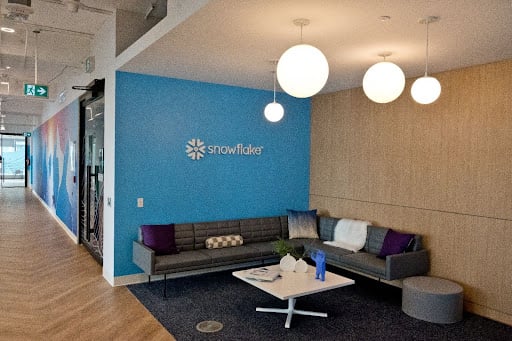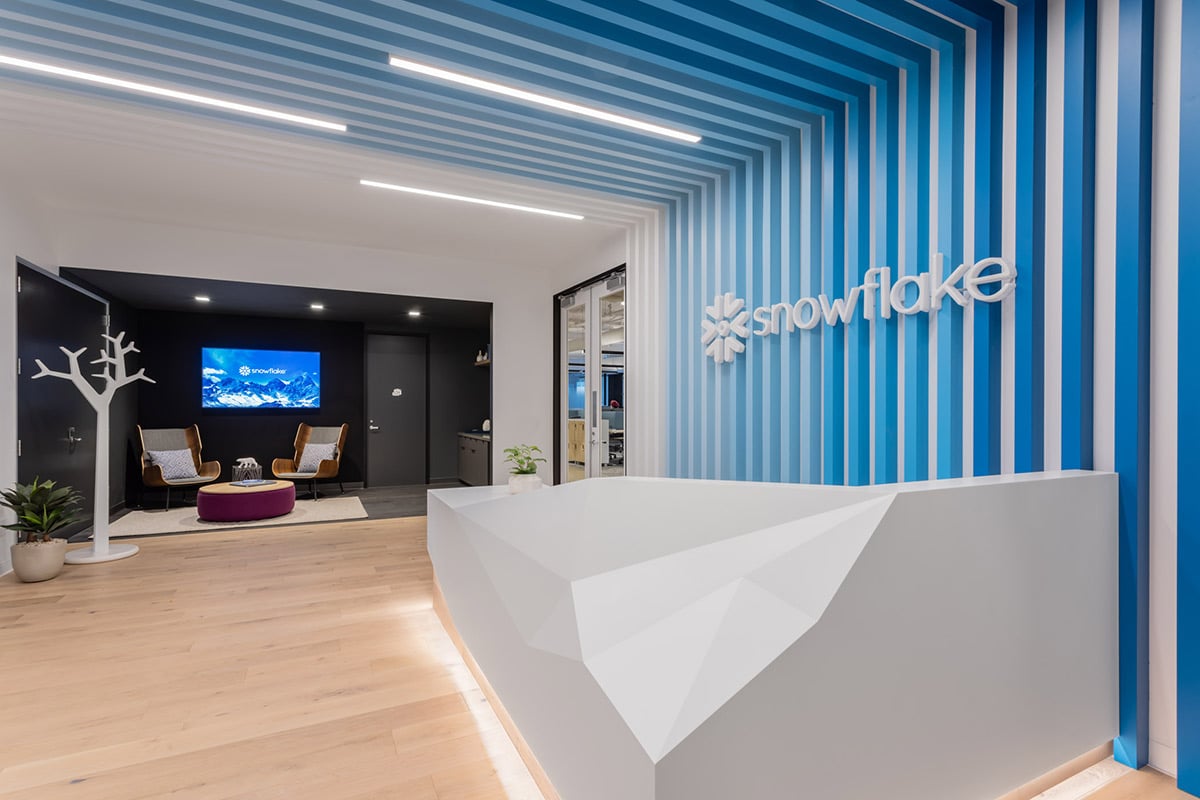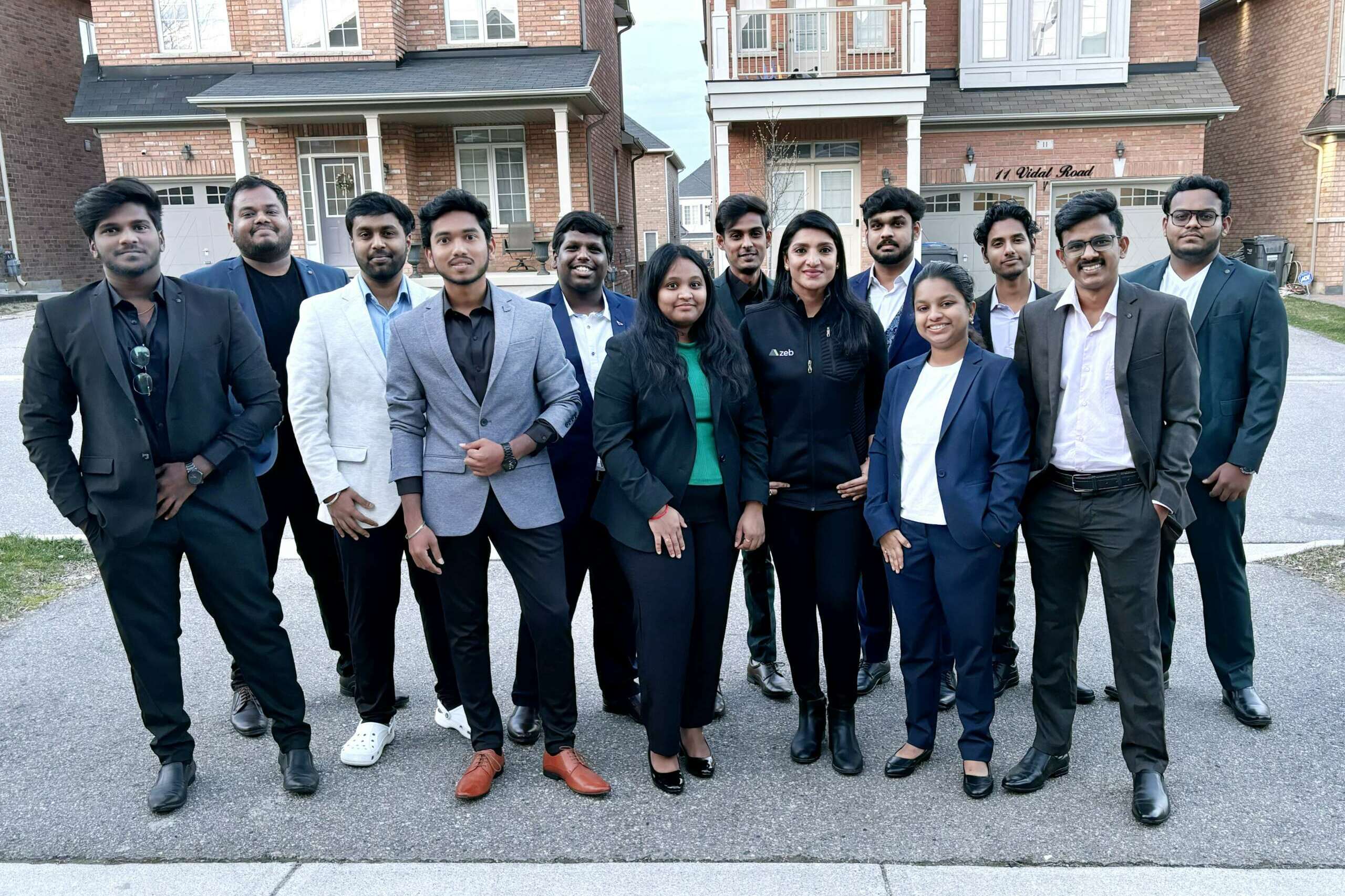“Is this the moment?… Is this the tipping point?” These are the immediate questions I asked myself when I read the announcement that Volkswagen was going to build a battery cell plant in St. Thomas, Ontario. Put another way, the top OEM in the world is building a leading-edge manufacturing facility along Ontario’s existing automotive corridor, which will help spur a structural industry transformation.
I couldn’t have been more thrilled at the news! We haven’t had an OEM of this size enter Canada in over 35 years. So, the idea of adding a second electric battery plant almost one year after Stellantis and LG Energy Solutions made their landmark announcement in Windsor put a shockingly large smile on my face!
But why those questions?
The decline of the manufacturing sector in Ontario is well known and documented. Offshoring really started to become a trend in the late 1990s and the financial crisis of 2007/08 seemed to have accelerated it even more. Many of my family members have made and continue to make a living from manufacturing, in particular the auto sector, so I have an understanding how this downward slide has impacted not just families but whole communities as well.
For years now I’ve been reading about the possibility of a “manufacturing renaissance” in Canada, but I haven’t really been able to envision how it would take hold… let alone begin. This idea really picked up steam during the pandemic, with reshoring being a possible solution to all the calamitous supply chain disruptions we were experiencing. Don’t get me wrong, I’ve always been a proponent of a domestic manufacturing sector, but I still didn’t fully buy into the idea of a large-scale reindustrialization taking place given how cost-centric global supply chains tend to be.
Rethinking my position
I had many thoughts after the Volkswagen announcement, which made me start to believe that this is indeed the beginning of something much bigger. But two ideas in particular have been the locus of my thinking since I read the news:
The expansion of the industrial commons
The industrial commons is a collection of resources that a manufacturer in a given industry can draw upon to maintain or improve its competitiveness as well as drive innovation. This collection consists of, but is not necessarily limited to, the skills and knowledge of the labour force, supplier networks, customers, trade schools, colleges and universities and even competitors.

Having the world’s largest OEM enter Ontario’s existing automotive ecosystem, by adding what will be a second gigafactory, is an unprecedented addition to the industrial commons. No doubt the majority of the impact will be noticeable in the automotive sector, but skills and knowledge gained here will transfer to some degree into other manufacturing sectors as well.
There is a regional momentum underway
It can be easily argued that the automotive industry is undergoing its largest transformation since factory electrification. The irony here is palpable. But, I believe we have a real differentiator in Ontario when compared to what I see happening in the U.S. auto sector.
All of Ontario’s OEMs are effectively contained within a 550-kilometer corridor of major highways. But, when you look at a map of the assembly plants in the U.S., it is a virtual scattershot all over the eastern half of the country. Proximity is important for two reasons. First and most obvious, the closer your shipping and final delivery points are to each other usually translates to lower transportation costs. But it’s the second reason that I find much more interesting.
There’s still a great deal of innovation taking place and with that, having suppliers in closer proximity to their customers allows for more effective (and more frequent) in-person collaboration between the two. This can be crucial when there’s a need to be first-to-market and when dealing with a great deal of manufacturing precision required for final assembly.
About Manufacturing Matters
A manufacturing renaissance is something that has been discussed for decades. It’s always seemed that no matter how many great ideas have been developed, there has never been enough real traction in order to make these ideas come to fruition. But, given what I’ve seen over the last year, combined with Volkswagen’s recent gigafactory announcement, I can’t help but feel optimistic that now is the moment where our regional manufacturing sector really starts to take off. I can’t wait to find out if I’m right!
Matthew Aiken is the Sector Development Lead for Advanced Manufacturing & Materials at Toronto Global. He can be reached at [email protected].




